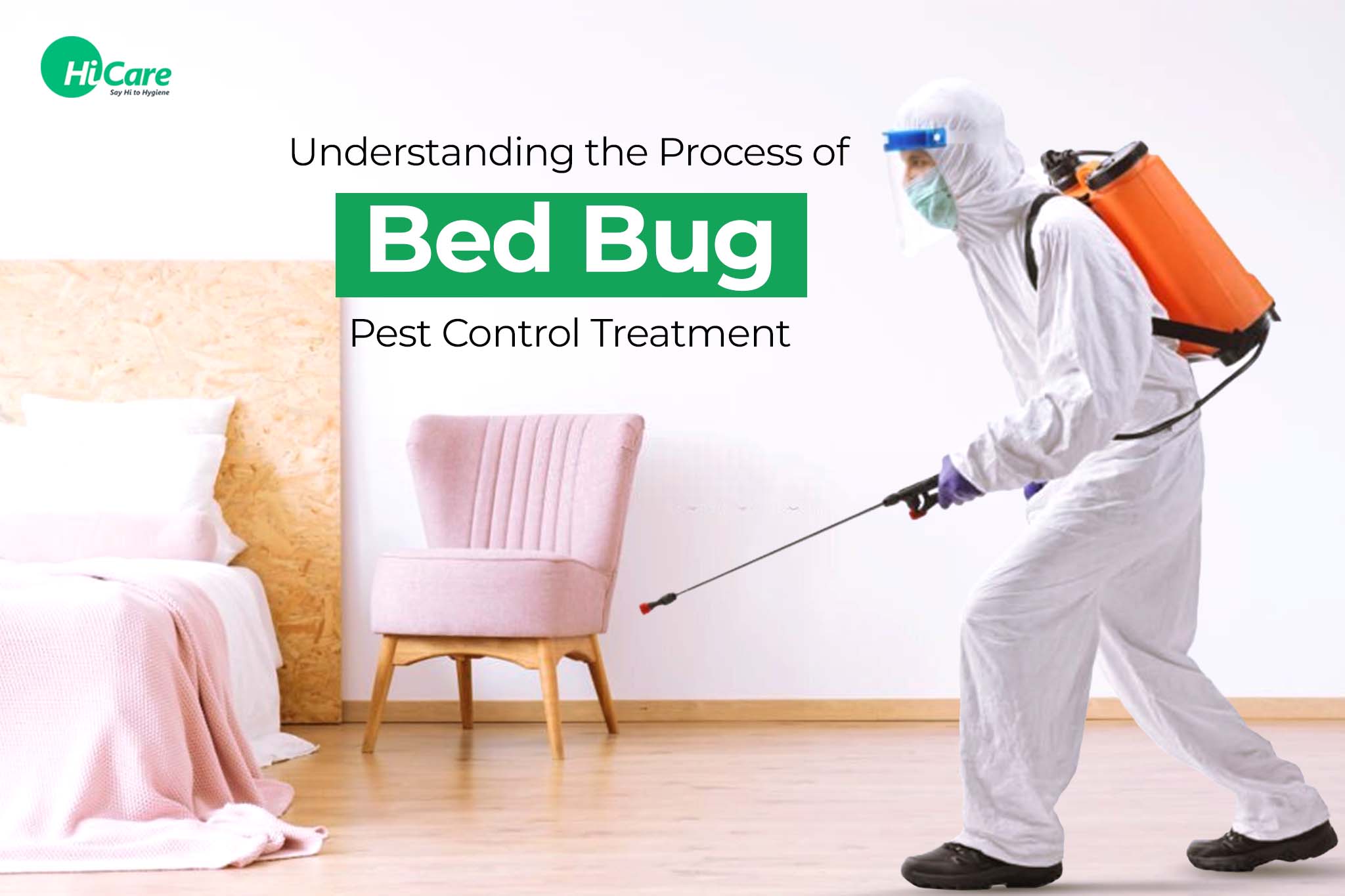Top A1 Bed Bug Treatment in Houston - Quick and Affordable
Top A1 Bed Bug Treatment in Houston - Quick and Affordable
Blog Article
Understanding the Lifecycle of Parasites for Targeted Control Strategies
Understanding the lifecycle of bugs is a fundamental aspect of reliable bug management methods. Through a much deeper understanding of exactly how parasites progress and thrive, customized control techniques can be designed to attend to specific factors in their lifecycle, inevitably leading to more successful parasite management outcomes.
Significance of Comprehending Insect Lifecycle
Comprehending the lifecycle of insects is vital for creating effective and targeted control approaches in bug monitoring. By comprehending the different stages a bug goes via from egg to grownup, pest control experts can recognize at risk points in the lifecycle where treatment can be most successful.
Moreover, recognizing the certain environmental conditions necessary for every stage of the pest's lifecycle can direct decisions on environment alteration or exclusion methods to reduce and disrupt the lifecycle parasite populaces. This knowledge enables pest monitoring specialists to carry out positive measures as opposed to counting exclusively on responsive therapies, causing more long-lasting and sustainable pest control remedies. Eventually, an extensive understanding of bug lifecycles equips pest control experts to tailor their techniques properly, maximizing and lessening environmental influences control results.
Trick Stages in Parasite Advancement
To successfully carry out targeted control methods in parasite administration, an essential element lies in thoroughly recognizing and comprehending the crucial phases in bug advancement. Insect advancement usually consists of several key phases that are critical for their lifecycle and monitoring.

Susceptabilities in Insect Lifecycle
Throughout the numerous stages of a parasite's lifecycle, unique susceptabilities emerge that can be purposefully targeted for effective control actions. One vital susceptability lies in the egg phase, where insects are usually much more at risk to specific pesticides or biological control agents as a result of their soft outer covering, making them less complicated targets for treatment. Additionally, the nymph or larval phase presents susceptabilities as pests go through fast growth and development, calling for high power consumption that can be made use of by interrupting their food sources or introducing growth preventions. Pupal phases, characterized by stability and transformation, provide a home window for targeted control via physical obstacles or specific treatments that impede effective appearance. Grown-up insects, while a lot more resistant due to their reproductive ability, can still be at risk try these out throughout breeding or egg-laying tasks, which can be disrupted via scent catches or sanitation strategies. Recognizing these susceptabilities in the parasite lifecycle is important for developing efficient and specific control approaches that properly take care of parasite populaces while lessening ecological effect.
Executing Targeted Control Measures

Applying targeted control procedures generally entails a multi-faceted approach. This may consist of habitat alteration to make the atmosphere much less congenial to pests, such as eliminating standing water for insect control or sealing access points for rats. Additionally, organic control methods can be used, where all-natural predators or virus are introduced to maintain pest populations in check.
Chemical control, such as the mindful application of pesticides, is one more typical strategy. Nevertheless, it is important to utilize these materials sensibly to lessen ecological impact and possible harm to non-target types. Integrated Insect Monitoring (IPM) approaches that combine various control actions in try this site a coordinated and sustainable manner are typically one of the most reliable in attaining lasting parasite monitoring objectives. By carrying out targeted control actions based upon an extensive understanding of bug lifecycles, bug populaces can be successfully managed while decreasing threats to human wellness and the setting.
Improved Insect Management Practices

Moreover, the incorporation of biological control representatives, such as natural predators or virus of pests, can help in reducing reliance on chemical pesticides and promote an extra well balanced environment. Applying physical barriers and catches can also look at this website be part of boosted pest management methods, supplying non-toxic and targeted services for bug control. In addition, making use of pheromones and various other semiochemicals can interfere with pest mating patterns and communication, causing lowered insect populations gradually.
Verdict
In verdict, understanding the lifecycle of insects is critical for effective insect administration approaches. By recognizing essential phases in parasite advancement and vulnerabilities in their lifecycle, targeted control procedures can be executed to reduce pest populations. Improved insect management practices can help in reducing the reliance on broad-spectrum chemicals and advertise even more lasting and ecologically friendly insect control techniques. This knowledge plays an essential duty in maintaining healthy and balanced ecological communities and agricultural efficiency.
Recognizing the lifecycle of parasites is crucial for creating efficient and targeted control techniques in parasite management. By understanding the numerous phases a pest goes through from egg to grownup, parasite control specialists can recognize at risk factors in the lifecycle where intervention can be most effective. Eventually, a detailed understanding of parasite lifecycles equips insect control specialists to tailor their strategies properly, optimizing and decreasing environmental effects control end results.
By carrying out targeted control procedures based on a thorough understanding of bug lifecycles, bug populaces can be successfully regulated while lessening risks to human wellness and the environment.
By identifying vital stages in insect growth and vulnerabilities in their lifecycle, targeted control steps can be carried out to lessen parasite populaces.
Report this page